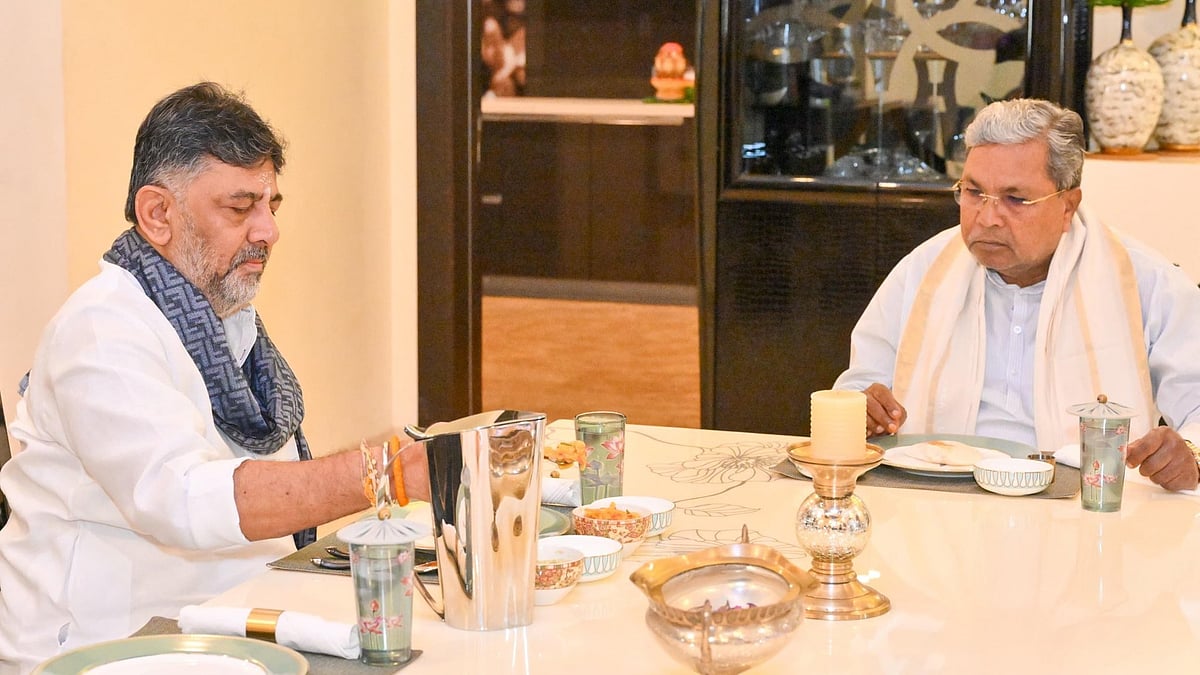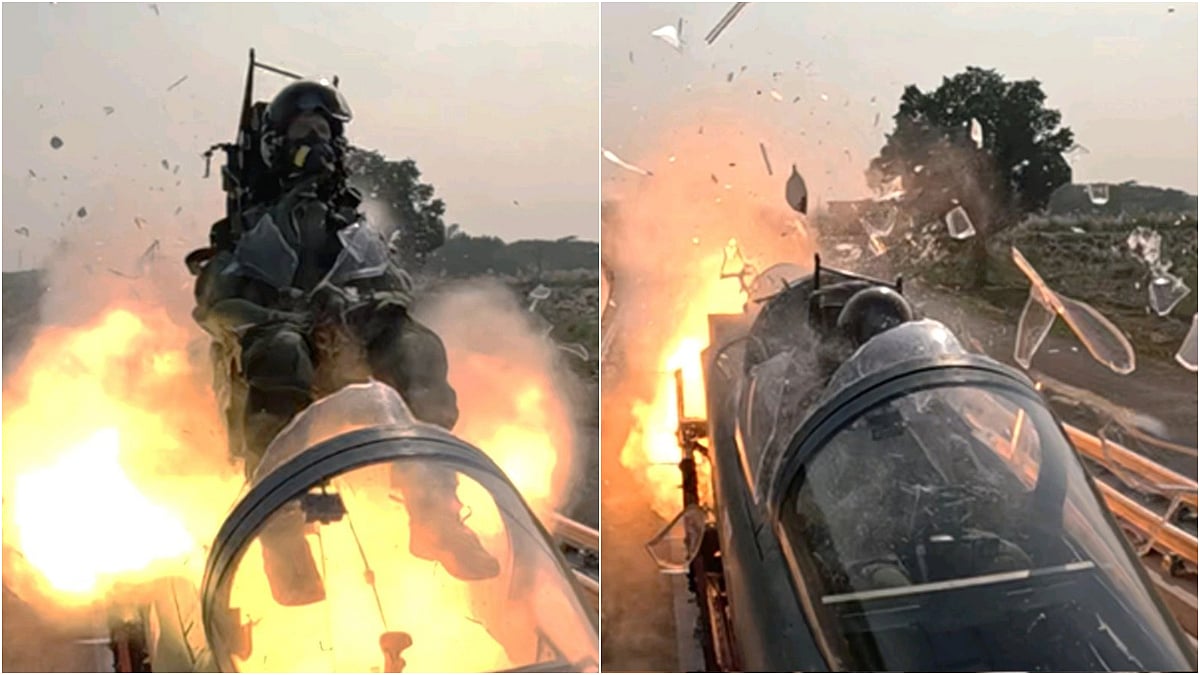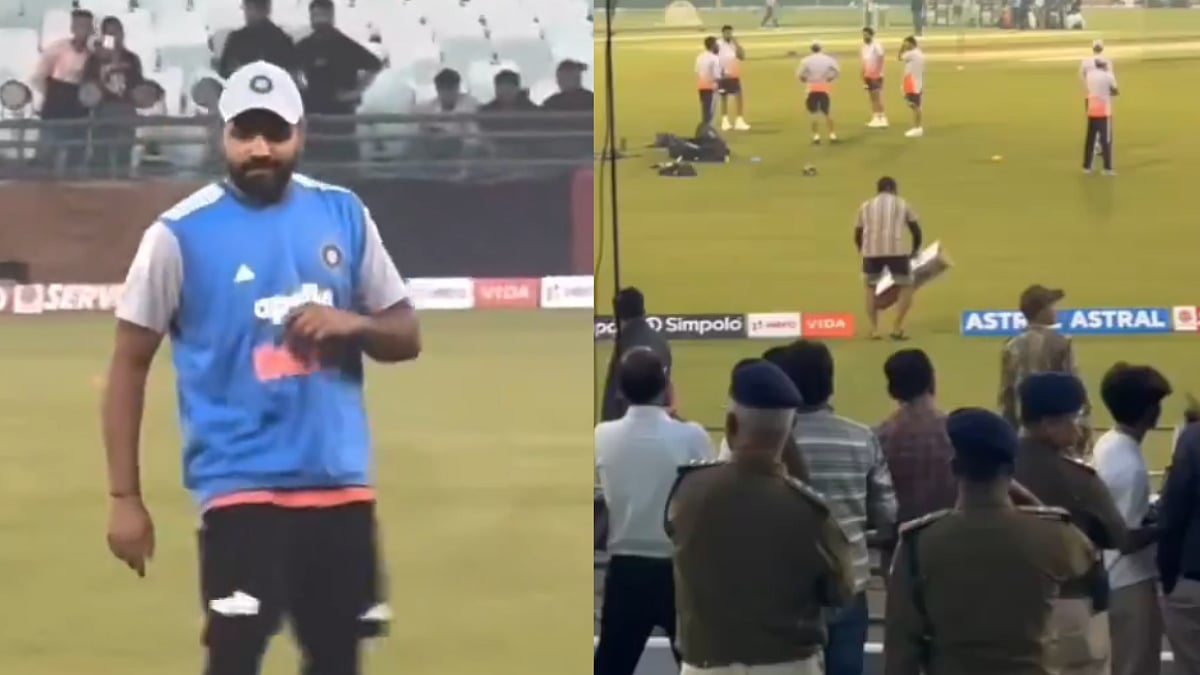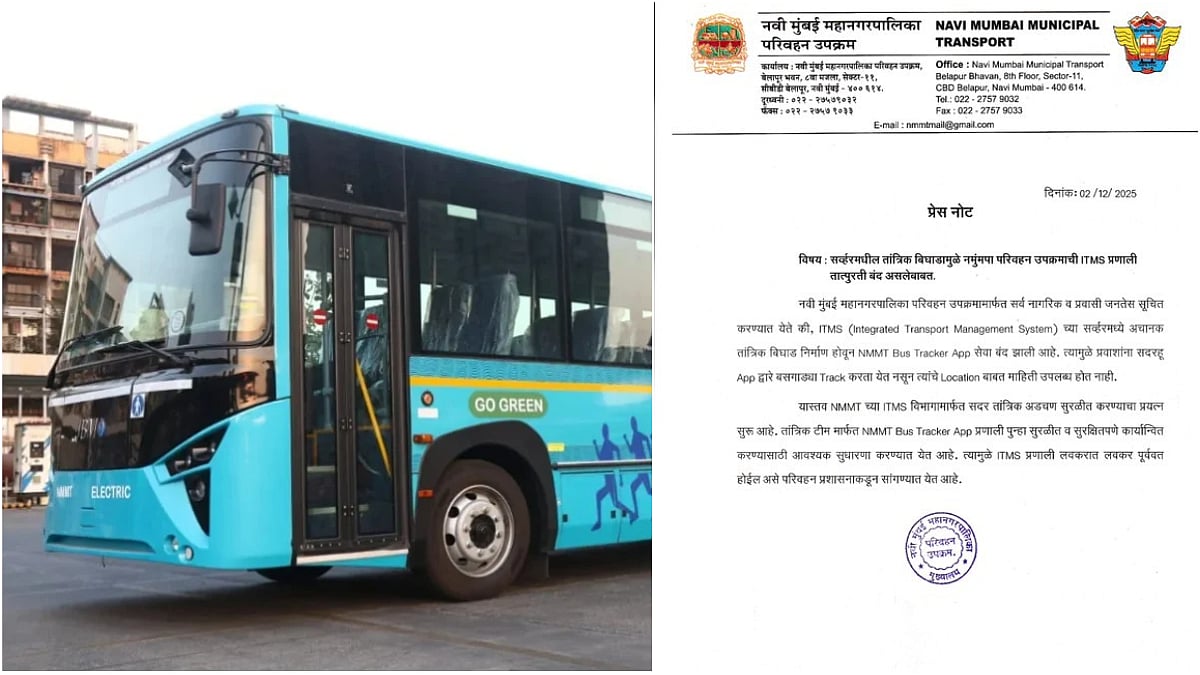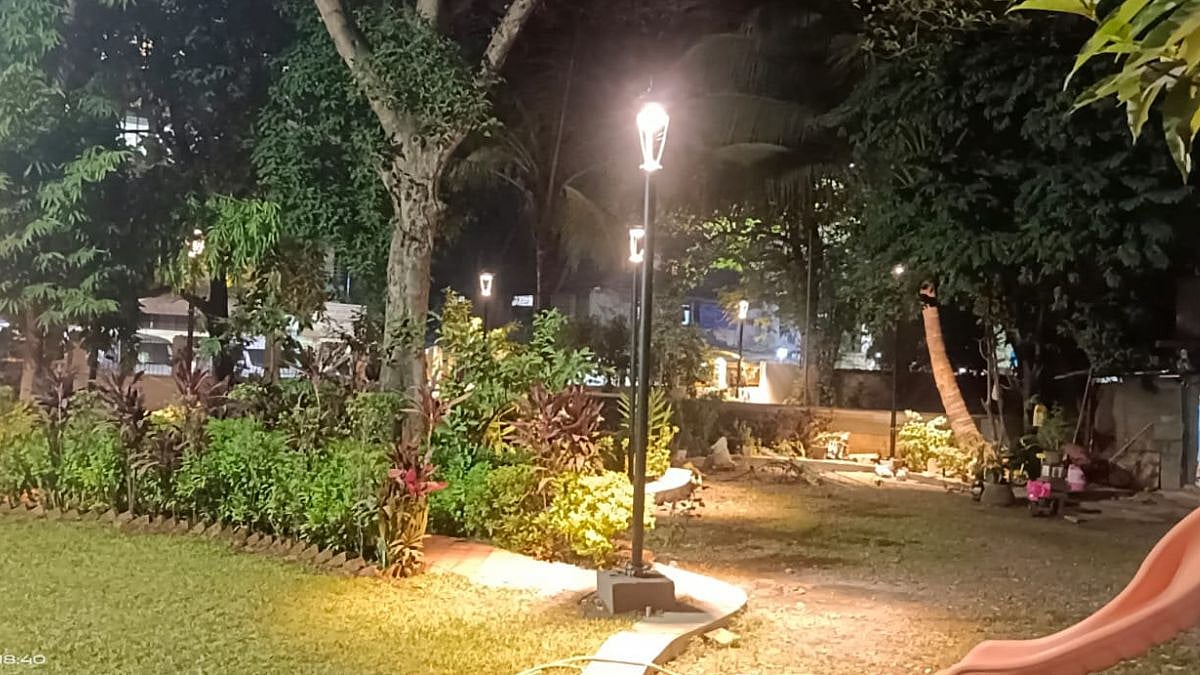Mumbai: A special court on Friday acquitted gangster Rajendra Sadashiv Nikalje, also known as Chhota Rajan, in the 1997 case of the murder of Datta Samant.
There was no evidence to show that Rajan hatched the conspiracy to murder the union leader, the court observed, in a major setback to the state.
“In this case, no incriminating evidence has come on record against the accused in respect of conspiracy to commit murder Dr Datta Samant,” Judge AM Patil, said while acquitting Rajan.
Rajan to remain in jail
However, Rajan, who is lodged in Tihar Central Jail in Delhi, is not likely to walk out of prison, as he is facing trial in several cases in Mumbai and other cities.
On January 16, 1997, four persons fired indiscriminately on Samant’s Tata Sumo some 300 metres from his bungalow at Powai, when he was on his way to his office in Ghatkopar. The union leader, who was known to have led multiple strikes including those by mill workers, died on the spot, while his driver was seriously injured.
On July 25, 2000, the sessions court convicted Vijay Thopte, Ganpat Bamne and Arun Londhe and sentenced them to life in prison. The sessions court acquitted Sanjay Devkar for want of evidence.
The high court, in October 2010, upheld life sentences of Thopte, Bamne and Londhe. It reversed Devkar’s acquittal and was convicted for his role.
All cases against Rajan were transferred to CBI
Rajan, who was named as an accused at the time, was arrested in Indonesia in 2015 and brought to Mumbai. Subsequently, all cases against him were transferred to the Central Bureau of Investigation.
A total of 22 witnesses, including Samat’s driver and son, were examined during the trial against Rajan but eight of them turned hostile. The driver testified during the previous trial that while he was driving with Samant in a Tata Sumo jeep, four persons began shooting at them.
The special judge noted that the material witness had turned hostile, while the testimonies of other witnesses did not prove the case against Rajan.
Rajan claimed that he was in Dubai from 1986 to 1993. He contended that he has been falsely implicated in multiple cases, including the present case.

